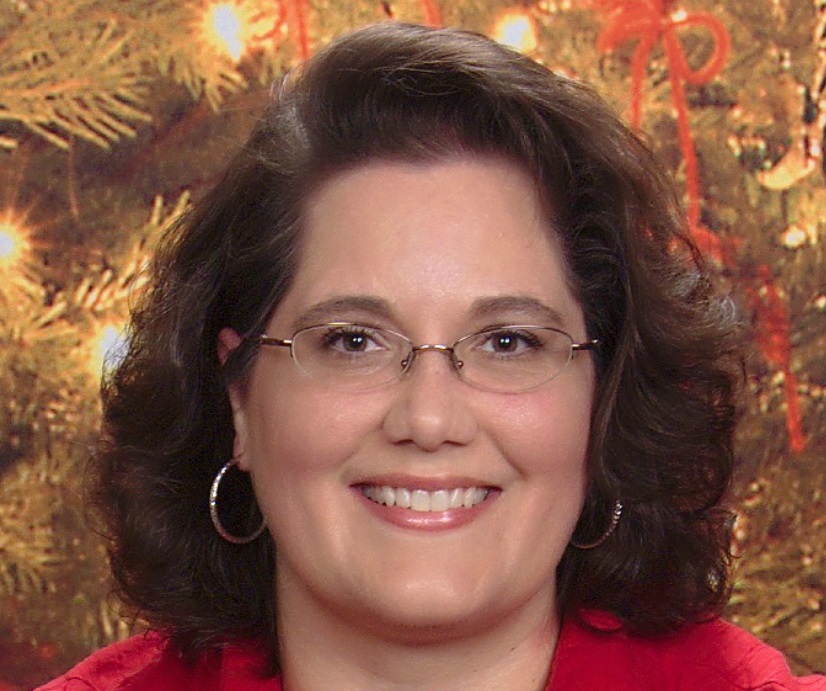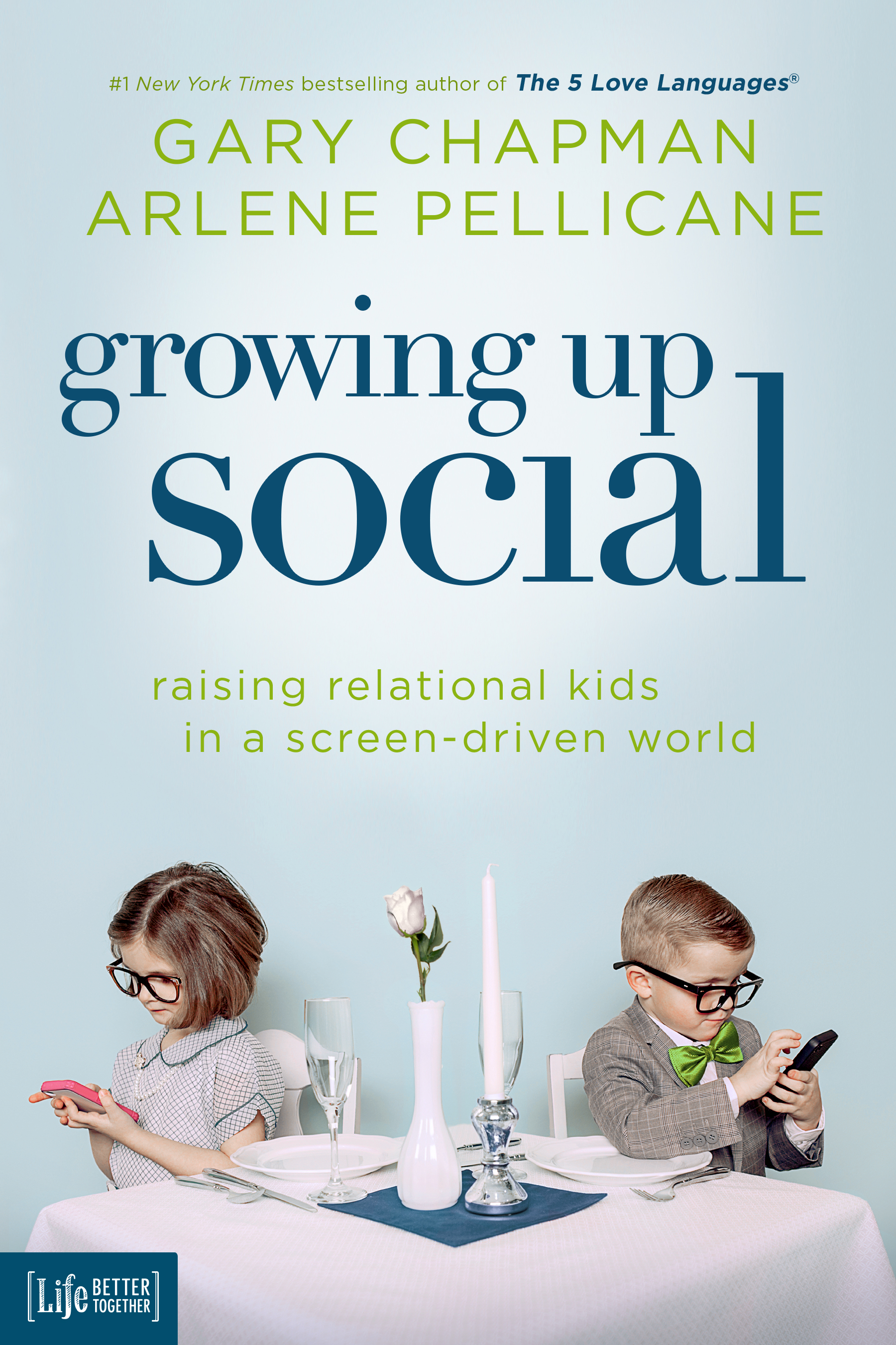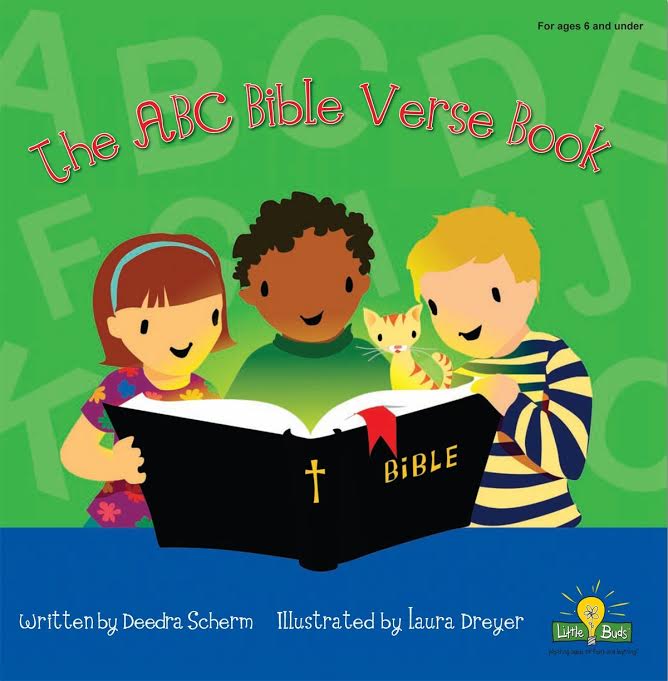Alike, But Opposite
Peggy Leslie, a Bible teacher, speaker and author, is first and foremost a Christian, wife and mom. It’s her “mom” role I wanted her to write about here, in a special Parenting UPGRADE.
 “'Opposites' are supposed to be two different things. Right? So, how,” she asks, “did I get five opposites in my five children?”
“'Opposites' are supposed to be two different things. Right? So, how,” she asks, “did I get five opposites in my five children?”
Some years ago, Peggy told me (Dawn) about her special times of interceding for these five “opposites.” I loved it and asked her to share with UPGRADE readers.
Peggy continues . . .
Our first three children were born in less than three years. Even before the first reached kindergarten, I observed that from the beginning each one, though in many ways like the others, was different from his or her siblings.
Karen, our firstborn, had a beautiful Sunshine Girl smile and could be very entertaining. Yet overall she was somewhat reserved, definitely not a chatterer.
Chuck, on the other hand, was one of those outgoing children who never met a stranger. We said he was “born talking.”
Scott was the observant one and the one most likely to share deep feelings. One day little Scottie came to me and said, “Mommy, I feel sad.” None of the others ever did that voluntarily.
The differences continued as Kate (the sweet little “ham” and born teacher) and April (the sensitive musician) came along.
In the beginning I knew nothing about studies on temperaments, A-B-C-D “types,” or birth-order. But as I observed—and dealt with—each child’s idiosyncrasies, I concluded that to a point, each of my children was “born that way.”
God had designed each one with a unique, inborn make-up that Gene and I needed to recognize.
Here are a few things I learned along the way—some of which I wish I’d figured out sooner!
1. Pray, pray, PRAY to know how to “Train up your child in the way he should go . . . " (Proverbs 22:6)—which will usually be quite different from his siblings!
Gene and I have always prayed for our children, but for a long time in a kind of haphazard way, and usually individually. Many years ago, we came up with a plan. We call it SPD—Special Prayer Day.
With seven in the family, each gets his or her own SPD (Sunday: Gene; Monday: Karen ....; Saturday: me). On that day, I usually contact that one by phone call, text or email and ask, “Do you have any SPRs [Special Prayer Requests] today?”
I cannot count the number of blessings and answers and special moments that has brought to our family.
Come up with you own plan. Just be sure to pray!
2. Observe each child so you’ll recognize differences and know the way that one should go.
3. Celebrate each one’s uniqueness.
Don’t try to force one into an area he’s not good at (sports, music, drama, etc.).
Don't expect, or try to make, one child like another one.
4. Encourage talents or skills God put there by providing ways to enhance them (sports sign-ups, music lessons, etc.).
5. Discipline when a child uses those talents and skills in inappropriate ways.
To me, those last two hints envelope the meaning of Ephesians 6:4b: ...bring them up in the nurture and admonition of the Lord.
6. Pray. It bears repeating!
Do you rejoice that your children are alike, but opposite? How do you pray for them?
 Peggy Leslie is a long-time Bible teacher and international speaker. She and her husband Gene, married 51 years, are the parents of five grown children. They love
Peggy Leslie is a long-time Bible teacher and international speaker. She and her husband Gene, married 51 years, are the parents of five grown children. They love  to spend time with their 12 grandchildren and are blessed to have all of them living in San Diego County. She and co-author Donna Jeremiah have published two Christian mystery novels: Storm over Coronado and Intrigue in Coronado.
to spend time with their 12 grandchildren and are blessed to have all of them living in San Diego County. She and co-author Donna Jeremiah have published two Christian mystery novels: Storm over Coronado and Intrigue in Coronado.
 Post a Comment → Posted on
Post a Comment → Posted on  Thursday, April 16, 2015 at 8:00AM
Thursday, April 16, 2015 at 8:00AM  Parenting,
Parenting,  Peggy Leslie,
Peggy Leslie,  Praying for Children,
Praying for Children,  Uniqueness of Children,
Uniqueness of Children,  Upgrade wth Dawn Upgrade Your Life
Upgrade wth Dawn Upgrade Your Life  Parenting,
Parenting,  Prayer
Prayer 














